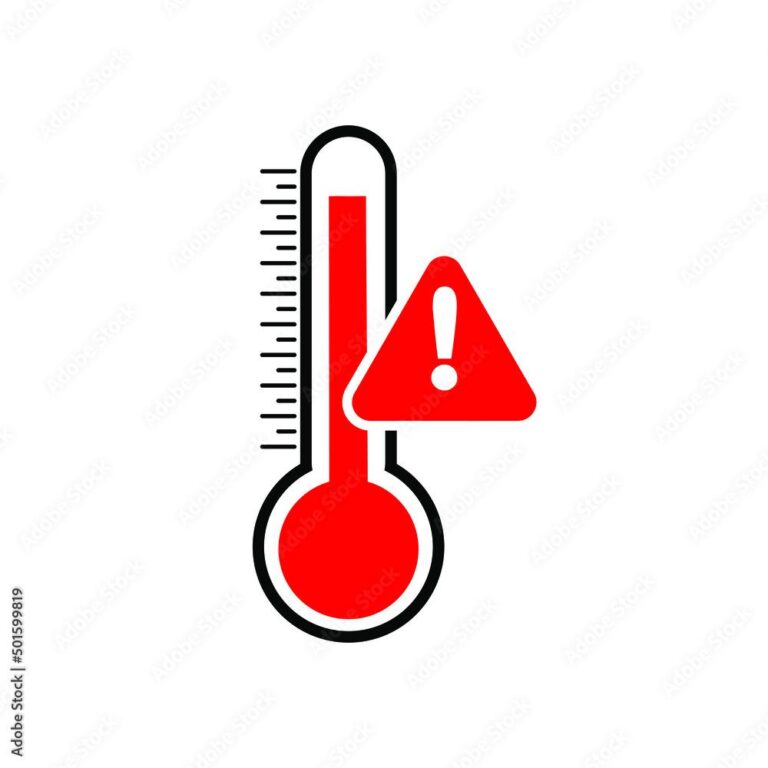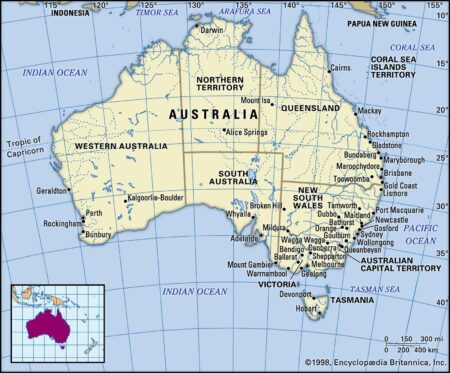Escalating Heat and It’s Mental Health Implications in Australia
Australia is currently facing a significant challenge as it endures increasingly severe heatwaves and rising temperatures. this environmental crisis is not only affecting physical health but also leading to a concerning rise in mental health issues among the population. A recent study published in Nature reveals a troubling link between elevated temperatures caused by climate change and declining mental well-being, prompting urgent discussions among health professionals and policymakers. With forecasts predicting more extreme weather patterns, understanding the complex interplay between climate factors and mental health has become critical for researchers. As evidence mounts regarding the psychological effects of heat stress, Australia must confront two pressing issues: tackling the climate emergency while ensuring the mental wellness of its citizens amid an uncertain future.
effects of increasing Temperatures on Mental Health in Australia
Recent research indicates a clear connection between rising temperatures and deteriorating mental health among Australians. As instances of extreme heat become more common, various psychological challenges are emerging. Conditions such as anxiety, depression, and heightened stress levels are particularly pronounced among at-risk groups, including seniors and individuals with existing mental health disorders. Additionally, poor sleep quality due to elevated nighttime temperatures has led to increased feelings of irritability and emotional turmoil.
The repercussions extend beyond individual well-being; they also affect community dynamics and social structures. Higher temperatures can limit outdoor activities that foster social connections, resulting in increased feelings of isolation. Key impacts associated with rising temperatures on mental health include:
- A surge in heat-related illnesses:This can lead to hospital admissions while worsening pre-existing mental conditions.
- A disruption of daily routines:The tendency to avoid outdoor activities essential for rejuvenation affects overall well-being.
- Economic pressures:The loss of jobs linked to climate change impacts sectors like agriculture and tourism.
Heat Waves: A Catalyst for Increased Anxiety and Depression Rates
The connection between soaring temperatures and deteriorating mental health is becoming increasingly evident across Australia, where heat waves pose significant threats not just physically but psychologically as well. Studies show that prolonged exposure to high temperature significantly correlates with heightened rates of both anxiety and depression within communities. Contributing factors include:
- Elevated Stress Levels:The discomfort from excessive heat can amplify emotions leading to irritability.
- Sleeplessness:Nights spent under high-temperature conditions frequently enough result in poor sleep quality which exacerbates fatigue and worsens overall mental state.
- Lack of Social Interaction:Diminished participation in outdoor activities due to extreme weather increases feelings of loneliness.
This growing burden on society translates into higher healthcare costs alongside decreased productivity levels across various sectors. An analysis examining demographic data highlights alarming trends linking temperature spikes with escalating cases of anxiety and depression across different age demographics; findings summarized below illustrate this correlation clearly:
| Temperature Range (°C) | reported Anxiety Cases (%) < | Reported Depression Cases (%) | |||||||||||
|---|---|---|---|---|---|---|---|---|---|---|---|---|---|
| 30 – 35 | 15% | 10% | |||||||||||
| 36 – 40 | 25% | 18% | |||||||||||
| >Above 40<< | >40%<< | >30%<< |
| Strategy< | description<
|
|---|




